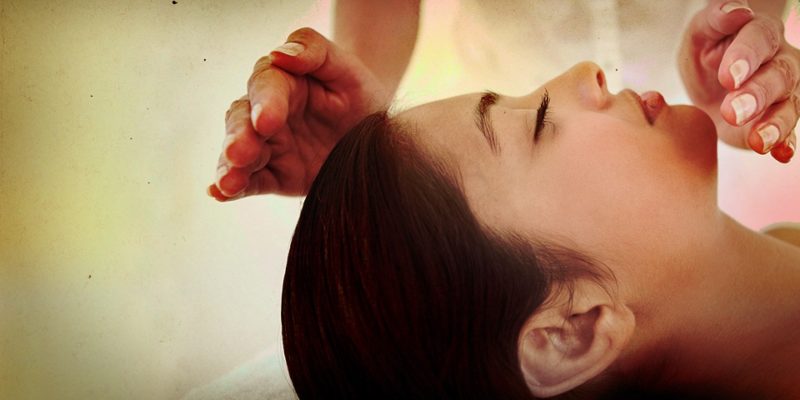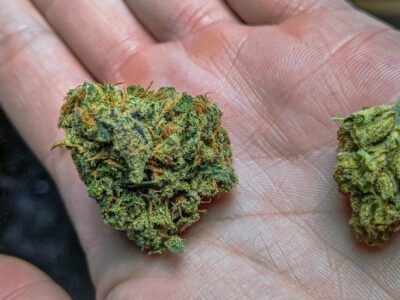The verbatim translation of Reiki is energy of the mind.The usual translation of the term Reiki is the strength of the mind.The meaning given by the original practice, by the founder Mikao USUI, is a practice allowing to develop, to find or to find his strength of the spirit.
The energy of the mind, or the strength of the mind, is not that which we seek outside of us, but rather our own energy, that is to say our natural resources. So where does reiki originate from?
Reiki is therefore not to be defined or presented as:
- universal energy
- universal life energy
- universal life energy
- the universal force of life
- a wave or vibration of love
- the vital energy present in all human beings (ki) in connection with universal energy (rei)
- a Japanese concept without French translation possible but simply present in the “felt”
Thus, Reiki is not a universal energy of life which one would transmit as a channel by the laying on of hands, with a donor who would serve as a reiki channel and would transmit to a recipient the universal energy of life, or cosmic energy, as a reiki treatment, so that the recipient gets better and heals.
Any practice presented under the above terms is not Reiki, but a deviation from MikaoUsui’s practice. It is therefore not representative.
Definition of the word “traditional”
What is meant by “tradition?”
We often read that because the founder of Reiki was Japanese, Traditional Reiki contains “Japanese tradition”.
- Traditional Reiki is not a Japanese exclusive just like judo is not a Japanese exclusive, but a sport whose practice comes from a Japanese. And there are also world and Olympic champions in judo.
- It is also not related to an ancient Japanese tradition (Shintoism and other Japanese religions).
- The traditional meaning given by Mikao USUI is of functional and natural tradition of the human being.
- The founder of Reiki, MikaoUsui
- The founder of Reiki is Mikao USUI (18651922), Japanese master of meditation.
He created Reiki and formalized it in 1922 through his company USUI REIKI RYOHO in Japan.
The memorial erected in Japan by the students of USUI on his life and his work quotes in summary:
- that Reiki is a method of ‘healing the spirit’ (‘healing the spirit’ means, in the sense of Buddhist meditators, ‘healing from natural suffering, or sickness of living, from the spirit’)
- that USUI has only practiced Reiki for 4 years; he started in 1922 and stopped in 1926 (date of his death)
- that Reiki is linked to the teaching of meditative psychology and that the work done by the practitioner is a work of meditation
- that Reiki does not cure illnesses, but makes the mind happy
That Reiki allows people to elevate themselves spiritually (in the sense: work and depth of mind)
Mikao USUI did not develop a practice reserved for Japanese understanding and enclosed in a Japanese tradition. A great researcher and traveler around the world, a great meditator and observer-connoisseur of the mechanisms of ill-being and well-being, he has developed a practice whose functioning is entirely based on the human being, and can thus be understood and practiced by all cultures and traditions (hence the universal side of the practice not universal energy).













Comments